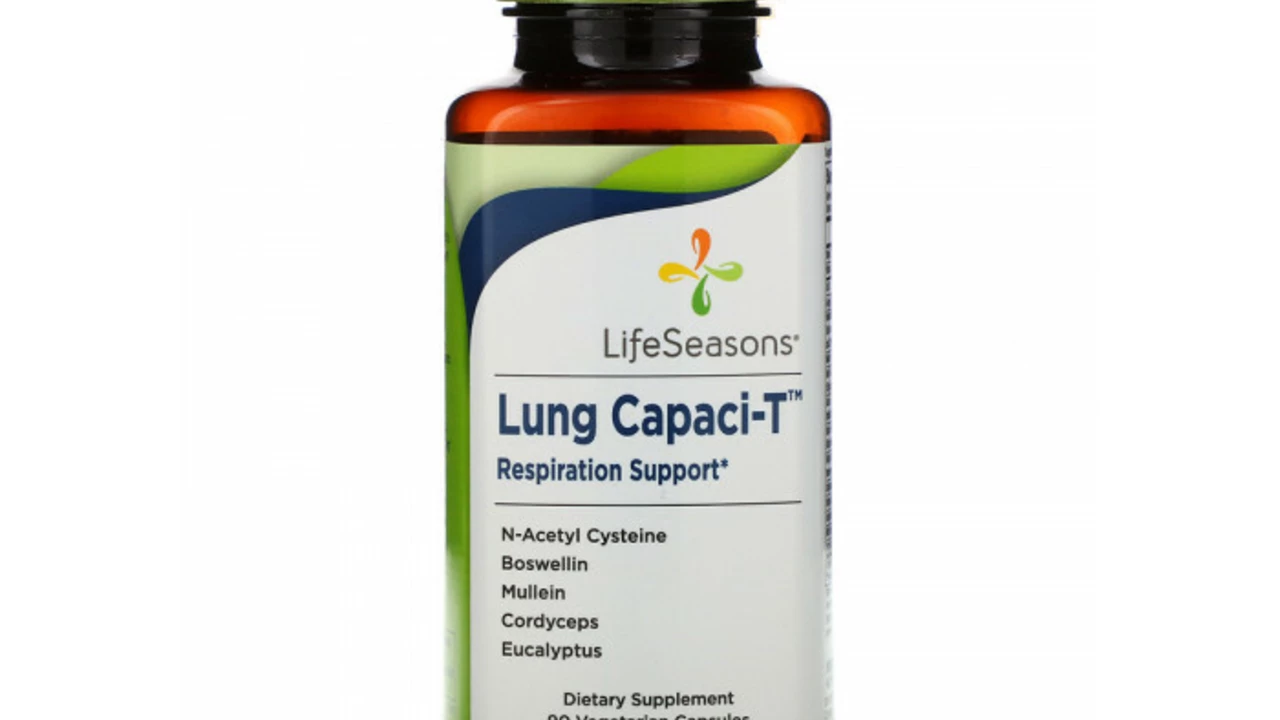Eucalyptus: Practical Uses, Benefits, and Safe Ways to Use It
Eucalyptus is one of those plants that shows up everywhere — lozenges, chest rubs, diffusers, and cleaning sprays. It smells fresh and can help clear the air when you're stuffed up. Below you'll find simple, practical tips for using eucalyptus safely at home, whether you want relief from congestion, a natural cleaner, or a calming diffuser blend.
How to use eucalyptus safely
Choose the right product. For steam or inhalation pick eucalyptus oil labeled with the Latin name (Eucalyptus globulus or Eucalyptus radiata) and check for purity. If you want tea or supplements, use products made for ingestion and follow label directions — many eucalyptus oils are not safe to swallow.
Steam inhalation: Add 2–3 drops of oil to a bowl of hot water, cover your head with a towel, and breathe slowly for 5–10 minutes. Keep a safe distance to avoid burns and stop if you feel dizzy or the scent becomes overwhelming.
Diffuser: Use 3–5 drops in a standard home diffuser. Open windows if the scent feels strong. Don’t diffuse near infants, pets, or people with severe asthma without checking first.
Topical use: Always dilute. For adults aim for a 1–3% dilution — about 6–18 drops of eucalyptus oil per ounce (30 ml) of carrier oil like fractionated coconut or sweet almond. For children or sensitive skin, use a 0.5–1% dilution and test a small patch first. Never apply undiluted oil to skin, and avoid contact with eyes and mucous membranes.
Cleaning and insect repellent: Mix 10–20 drops of oil with water and a little vinegar in a spray bottle for a natural surface cleaner. For a room spray or insect deterrent, 10 drops in 100 ml water works well — shake before use.
What to watch for
Keep eucalyptus away from young children. Ingesting eucalyptus oil can be toxic, and vapors can cause breathing problems in infants and toddlers. If you have asthma or severe allergies, talk to your doctor before using eucalyptus; it can sometimes trigger bronchospasm.
Pregnancy and breastfeeding: Avoid high-dose eucalyptus products and check with your healthcare provider. Some people experience skin irritation or allergic reaction — stop use if you get a rash, headache, or nausea.
Pets: Cats and some dogs are sensitive to essential oils. Don’t apply eucalyptus oil to pet fur or use strong diffusers in rooms where they spend most of their time. Ask your vet first.
Buying and storing: Pick oils in dark glass bottles and store them in a cool, dark place. Look for GC-MS tested or third-party tested oils where possible. Check expiry dates — essential oils lose potency over time.
Want a quick recipe? For a chest rub mix 2 tablespoons of carrier oil with 6 drops eucalyptus and 4 drops lavender. Rub on chest and back — not on the face — and keep away from kids under two. Use this small, sensible approach and eucalyptus can be a useful, natural tool in your home care kit.
In my recent exploration of natural supplements, I've discovered the incredible health benefits of Eucalyptus. This plant is not just a food source for koalas, it's a powerhouse of essential nutrients. It aids in respiratory health, boosts the immune system, and even acts as a natural pain reliever. Eucalyptus also helps in maintaining good oral health and promotes skin care. So, if you're aiming for a healthier lifestyle, incorporating Eucalyptus into your diet is definitely worth considering.
